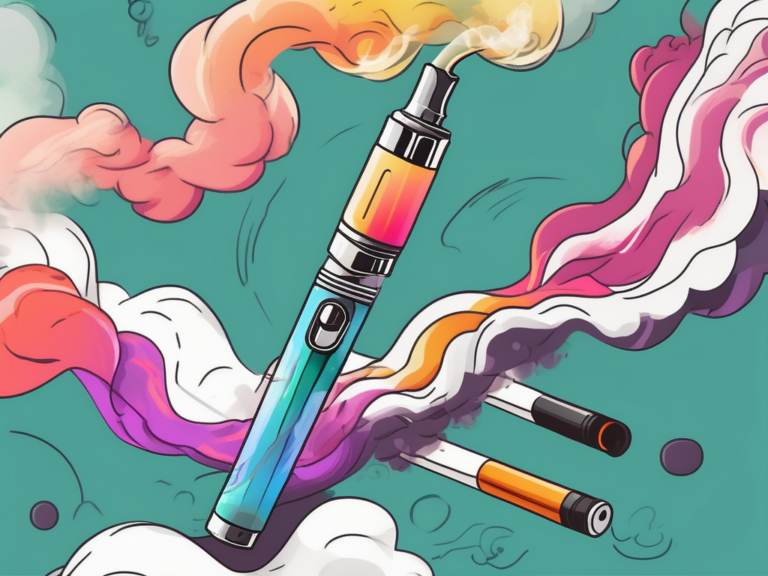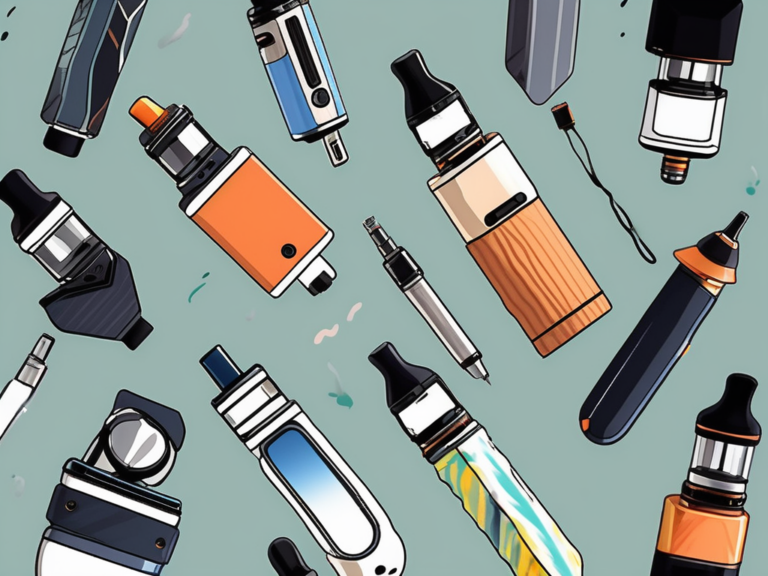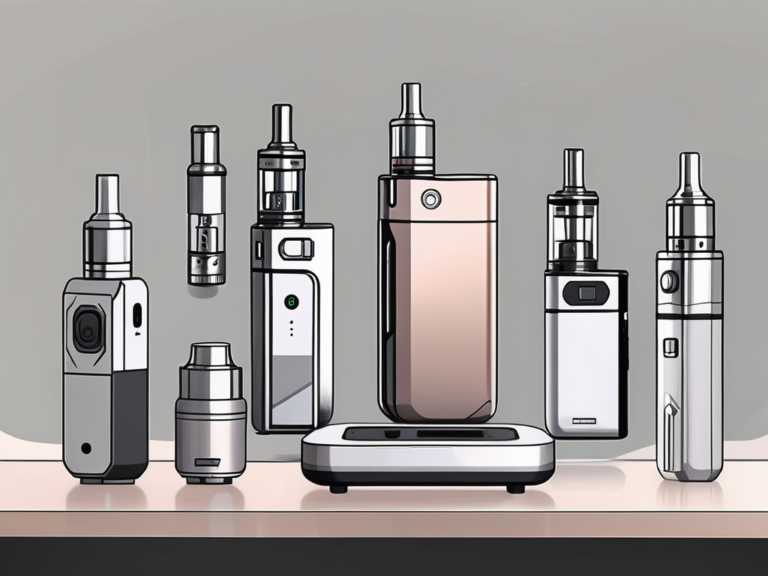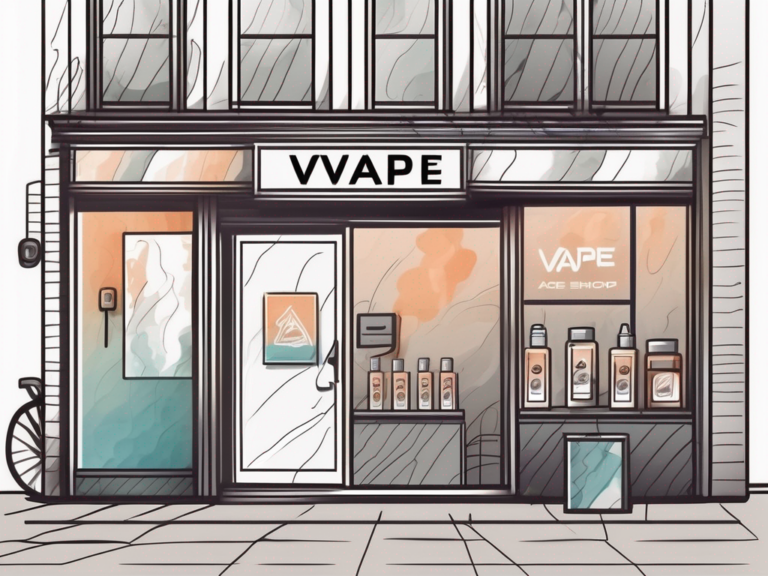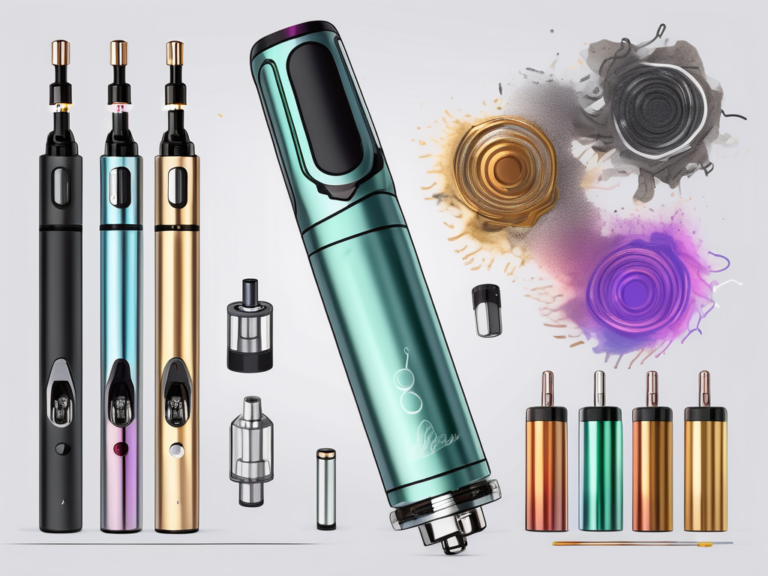what age can u buy vapes
In recent years, the popularity of vaping has skyrocketed, especially among young individuals. With enticing flavors and sleek designs, it’s no wonder that many are drawn to this alternative to traditional smoking. However, a question that often arises is, “What age can u buy vapes?” In this article, we will explore the legal regulations and scientific evidence surrounding the age restrictions on vaping. We will also discuss the consequences of underage vaping and the various alternatives available for those who are too young to purchase these products.
Understanding the Legal Age for Vaping
Vaping, the act of inhaling and exhaling vapor produced by an electronic cigarette or similar device, has become increasingly popular in recent years. With this rise in popularity, concerns have been raised about the impact of vaping on public health, particularly among young people. As a response to these concerns, governments around the world have implemented regulations to control the sale and use of vaping products, including setting a legal age requirement.
Federal Regulations on Vaping Age
The legal age to purchase and use vaping products can vary depending on the country and jurisdiction. In the United States, federal regulations have set the minimum age for purchasing vaping products at 21 years old. This change was implemented to curb the rising trend of underage vaping and protect the health and well-being of adolescents. By raising the minimum age for vaping, the government aims to reduce access to these products for individuals who are most vulnerable to the potential health risks associated with vaping.
State-Specific Laws on Vaping Age
While the federal regulation ensures a minimum legal age nationwide, individual states have the authority to establish their own rules regarding vaping age restrictions. Some states have opted to keep the legal age at 18, while others have followed the federal guidelines and raised it to 21. It is essential for individuals to be aware of their specific state laws to avoid any legal consequences. In addition to age restrictions, states may also have additional regulations in place, such as flavor bans or restrictions on where vaping products can be sold or used.
The Science Behind Age Restrictions
The Impact of Vaping on Adolescent Health
Extensive research has shown that vaping can have detrimental effects, particularly on adolescent health. Studies have found that the use of electronic cigarettes among young individuals can lead to nicotine addiction, lung damage, and a higher risk of developing respiratory illnesses. Brain development can also be negatively affected, as vaping can interfere with cognitive functions and impair learning and memory.
Furthermore, the appeal of flavored e-liquids in vaping products has been a significant concern, as it can attract young users who may not have otherwise initiated tobacco use. The marketing tactics employed by some vaping companies, which often target youth through social media and sponsorships, have raised alarms among health professionals and policymakers alike.
Why Age Restrictions Exist
The implementation of age restrictions on vaping is not a mere whim. It stems from a genuine concern for the health and well-being of young individuals. Adolescence is a critical period in life, where the body undergoes significant development and growth. Exposing young people to nicotine and other harmful chemicals through vaping can have long-term consequences on their health, both physically and mentally.
Moreover, the enforcement of age restrictions on vaping products is crucial in preventing easy access for underage individuals. By limiting the availability of these products to minors, policymakers aim to curb the rising trend of adolescent vaping and protect the vulnerable age group from the potential harms associated with e-cigarette use.
Consequences of Underage Vaping
Legal Implications for Minors
Engaging in underage vaping can result in serious legal implications for minors. Violating age restrictions on purchasing and using vaping products can lead to fines, community service, or even criminal charges, depending on the jurisdiction. It is important for young individuals to understand the potential legal consequences and make informed choices.
Furthermore, being involved in illegal activities such as underage vaping can have long-term consequences beyond immediate legal penalties. A criminal record at a young age can impact future educational opportunities, employment prospects, and even travel possibilities. It is crucial for minors to consider the ripple effects of their actions and prioritize making responsible decisions.
Health Risks Associated with Early Vaping
Aside from the legal consequences, underage vaping carries significant health risks. Nicotine addiction can develop quickly, leading to a lifelong struggle to quit smoking. Additionally, the harmful chemicals present in vaping liquids can compromise lung health, increase the risk of respiratory diseases, and impair overall well-being. Protecting the health of young individuals should be a priority for both lawmakers and parents alike.
In addition to the well-documented risks of nicotine addiction and lung damage, underage vaping can also have detrimental effects on brain development in adolescents. The adolescent brain is particularly vulnerable to the effects of nicotine, which can disrupt cognitive function, impair memory and attention span, and even affect mood regulation. Understanding these complex health implications is essential for young individuals to make informed choices about their well-being and future.
How Vaping Age Restrictions are Enforced
Role of Retailers in Upholding Age Restrictions
Retailers play a crucial role in upholding and enforcing vaping age restrictions. Responsible vape shops and retailers are diligent in checking IDs and verifying the age of customers before making a sale. By strictly adhering to these regulations, retailers contribute to limiting underage access to vaping products and promoting a safer environment for all consumers.
Moreover, some retailers go above and beyond by providing educational materials on the potential risks of vaping to young customers. These initiatives aim to inform and empower teenagers to make informed decisions about their health and well-being. By engaging in open and honest conversations, retailers can help steer young individuals away from harmful vaping habits.
Online Purchases and Age Verification
Online purchases of vaping products have become increasingly popular. To combat underage sales, reputable online retailers have implemented stringent age verification processes. These typically involve verifying age through a third-party age verification system or requiring a valid ID upon delivery. However, it is important to note that some online platforms may not implement effective age verification measures, making it crucial for parents and guardians to monitor their children’s online activities.
Additionally, advancements in technology have led to the development of age verification software that can accurately determine the age of online buyers. This innovative approach adds an extra layer of security to the online purchasing process, ensuring that only individuals of legal age can access and buy vaping products. As the e-commerce landscape continues to evolve, these technological solutions play a vital role in safeguarding against underage vaping.
Alternatives to Vaping for Underage Individuals
Healthy Coping Mechanisms for Stress
While vaping may seem like a convenient way to cope with stress or other challenges, there are alternative, healthier coping mechanisms available for underage individuals. Engaging in physical activity, practicing relaxation techniques such as deep breathing or meditation, and seeking support from friends, family, or appropriate professionals can all contribute to better mental well-being without the need for vaping.
Physical activity, such as going for a run, practicing yoga, or playing a sport, not only helps in reducing stress but also boosts endorphins, which are known as the body’s natural mood elevators. Deep breathing exercises can help calm the mind and reduce anxiety levels, providing a sense of relaxation and clarity. Meditation, on the other hand, promotes mindfulness and can aid in managing stress by focusing on the present moment.
The Role of Education in Preventing Underage Vaping
Education plays a vital role in preventing underage vaping. By providing comprehensive information about the risks and consequences of vaping, schools, parents, and communities can empower young individuals to make informed decisions about their health. Promoting educational campaigns, engaging in open discussions, and fostering a supportive environment can contribute to a reduction in underage vaping rates.
Furthermore, incorporating vaping awareness programs into school curriculums can help students understand the addictive nature of vaping products and the potential long-term health effects they may have. Parents and guardians can also play a crucial role by initiating conversations about vaping, setting clear expectations, and being role models for healthy behaviors.
In conclusion, the legal age for purchasing vaping products varies across jurisdictions. It is essential to adhere to these age restrictions to protect the health and well-being of young individuals. Underage vaping can have serious consequences, both legally and for one’s health. By enforcing age restrictions and promoting education and healthier alternatives, we can strive to create a safer environment for our youth.


